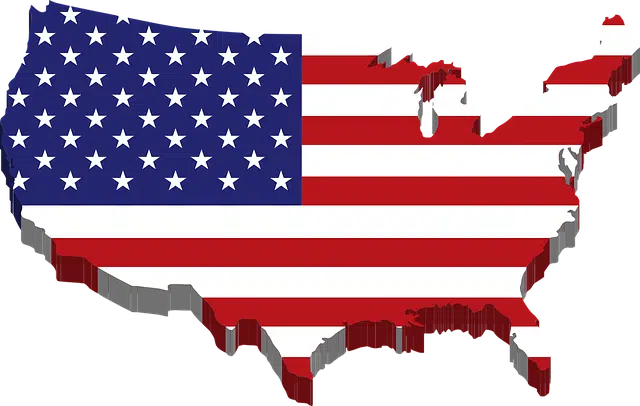
The United States has imposed its hegemony globally since the end of World War II.
Before entering fully into the meaning of the term hegemony , we are going to proceed to discover its etymological origin. In this case, we have to emphasize that it is a word that derives from Latin, since it is the result of the sum of two lexical components of said language:
-The noun "hegemon", which can be translated as "boss".
-The suffix "-ia", which is used to indicate "quality."
Concept of hegemony
The notion is used to refer to a predominance , a superiority or a preponderance .
For example: "The British driver will try to extend his hegemony in the new season" , "This country has imposed its cultural hegemony in the region for more than half a century" , "In recent decades, the hegemony of the tournament was shared between the two teams from the capital » .
Preponderance, superiority, predominance or supremacy are some of the words that can be used as synonyms for hegemony. On the contrary, among antonyms there are nouns such as disadvantage or inferiority, for example.

The Italian philosopher Antonio Gramsci postulated the concept of cultural hegemony.
Prevalence of a country
The concept of hegemony is usually used to refer to the dominance that an entity exercises over other entities of the same type. It is often applied to the supremacy of one country over another or others . There are, however, different meanings according to the context.
World hegemony refers to the position of preeminence that a State or a group of nations achieves over the rest of the countries. According to various analysts, after World War II , the United States managed to impose global hegemony thanks to its military power, its economic development and its cultural influence. However, China and the European Union also have great power.
The post-hegemony
In the same way, we cannot ignore that a few years ago there is also talk of what is known as post-hegemony . With it, what is attempted is not only to question what the rules and norms of political hegemony are, but also to carry out a reflection on them and even propose new practices in that sense, both at a political and even theoretical level.
There are already various works that analyze in depth the aforementioned post-hegemony. A good example of this is, for example, the book titled «Poshegemonía. The end of a paradigm of political philosophy in America" , written by Rodrigo Castro Orellana and published in 2015.
However, there is also an essay that responds to the title "Poshegemony: political theory and Latin America" , which was published in 2003 and is the work of Jon Beasley-Murray.
The contributions of Antonio Gramsci
The Italian philosopher Antonio Gramsci , for his part, coined the idea of cultural hegemony to point out a phenomenon of domination that does not resort to direct violence, but to social constructions . For Gramsci , the dominant class exercises cultural hegemony by imposing, through various mechanisms, its institutions, customs and values on subordinate classes.
In this way, the subordinate classes assume the worldview of the dominant class as their own, leaving aside their own identity and perpetuating the status quo . Thanks to cultural hegemony, those in control do not need to resort to weapons to maintain it.
